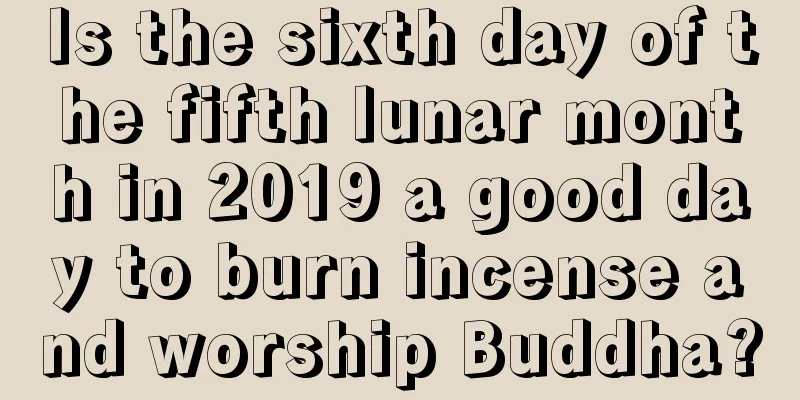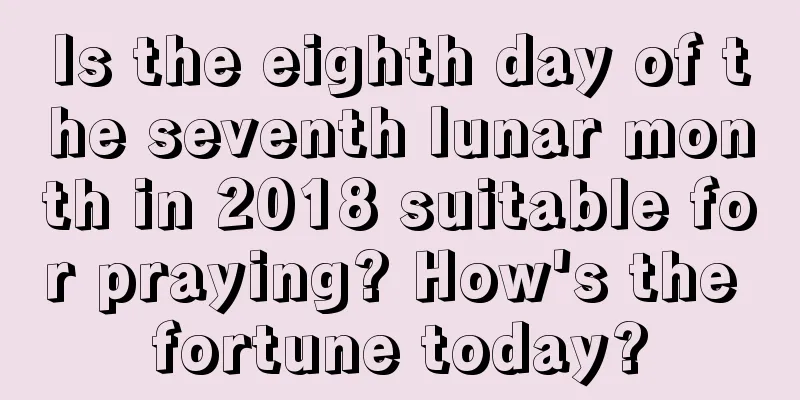What are the customs of the Han Chinese during the Spring Festival?

The Han ethnic group is the most populous ethnic group in China, and the Spring Festival is also China's largest festival. So, what customs do the most populous ethnic group have during this largest festival? Let’s find out together.What customs do the Han people have for celebrating the Spring Festival?1. Burning Door God Paper In the old days, on the third day of the first lunar month, pine and cypress branches from the New Year and the door gods and paper hung during the festivals would be burned together to indicate that the New Year was over and it was time to start a new life. There is a proverb that goes "After burning the door god paper, you will have trouble finding your own way." 2. Tianqing Festival was a court festival in the Song Dynasty. In the first year of Dazhong Xiangfu reign of Emperor Zhenzong of Song, it was said that a book from heaven had descended to the earth. So Emperor Zhenzong issued an edict to designate the third day of the first lunar month as Tianqing Festival, and officials were given a five-day holiday. Later it was called Xiaonianchao, and people did not sweep the floor, beg for fire or draw water, just like Suichao. 3. Worship the God of Wealth People in the South worship the God of Wealth on the fifth day of the first lunar month. According to folklore, the God of Wealth is the God of Five Roads. The so-called five roads refer to east, west, south, north and center, meaning that you can make money by going out of any of the five roads. 4. The "Sending the Year" ceremony is usually held at night to send the gods and ancestors back to heaven. 5. Lu Tou Shen Lu Tou Shen is a god of wealth worshipped in Wu. It is customary to regard the fifth day of the lunar month as his birthday, and to celebrate it with sacrifices and sun-drying ceremonies is quite spectacular. 6. Sending away the poor on the fifth day of the first lunar month is a very distinctive seasonal custom among the ancient Chinese people. The meaning is to sacrifice to the poor ghost (the god of poverty). A poor ghost, also known as a "poor son". 7. Old custom of opening shops During the Spring Festival, all shops, big and small, are closed from the first day of the Lunar New Year and open on the fifth day of the first lunar month. It is customary to regard the fifth day of the first lunar month as the holy day of the God of Wealth, and to believe that choosing this day to open the market will surely bring in wealth and fortune. 8. Millet’s Birthday : People believe that the third day of the first lunar month is millet’s birthday. On this day, people offer sacrifices and pray for a good harvest, and do not eat rice.Fortune is the key to a person's success. Do you want to know whether you have the fortune to succeed? Click on the following fine calculation test: |
<<: Where is the direction of the God of Joy on the tenth day of the first lunar month in 2019?
Recommend
Is it possible to start renovation on May 28th in the lunar calendar in the Year of the Tiger in 2022?
Choosing an auspicious day to do things can avoid ...
Is it a good idea to move house on the 15th day of the 10th lunar month in 2019, the Lower Yuan Festival?
Is it a good idea to move house on the 15th day o...
Is the second day of the Chinese New Year in 2021 suitable for opening a new store? What is the auspicious time for opening on February 13, 2021?
Introduction: Opening a new store is an important ...
Is it appropriate to place a bed on the tenth day of the twelfth lunar month in 2019? Analysis of Feng Shui considerations for placing a bed!
Introduction: You need to choose an auspicious day...
Is the 25th day of the 11th lunar month in 2018 a suitable day for house decoration?
Introduction: According to the tradition of our co...
A complete list of names for boys born on National Day (October 1st) in 2020, the Year of the Rat
National Day is a beautiful day. When a baby is bo...
How many days will the Lantern Festival holiday be on the 15th day of the first lunar month in 2021? Lantern Festival holiday notice!
There are many statutory holidays in our country. ...
What is the zodiac sign of people born on November 16, 2018 in the lunar calendar?
According to astrology, each constellation corresp...
Is it auspicious to move during Qingming Festival? How to determine whether you can move during the Qingming Festival?
You need to choose an auspicious time to move. It ...
What are the do's and don'ts on February 21st of the lunar calendar in 2020?
We can look up the daily do’s and don’ts in the a...
When is Jingzhe in the lunar calendar in 2019? What seasonal delicacies are there?
Whether it is Jingzhe or other solar terms, they a...
What are the customs of Dahan? When is the Great Cold?
Dahan is one of the 24 solar terms and also the la...
What are the do's and don'ts on April 29th of the lunar calendar in 2018?
April is also known as Mengxia, Yinyue and Meiyue...
Is it possible to propose on the 22nd day of the first lunar month in 2022?
The proposing on different days has different cons...
Is it a good idea to pray on March 16th of the lunar calendar in 2020? What is the auspicious time of the day?
There are a lot of prayers every day, but not ever...









